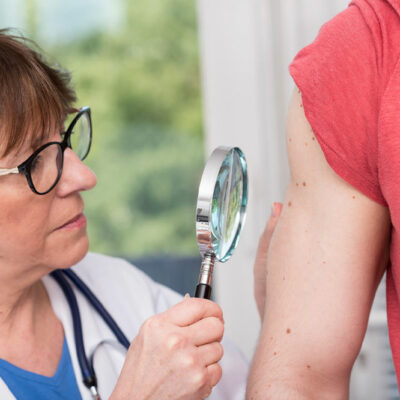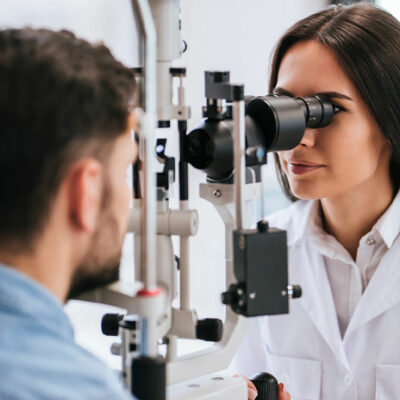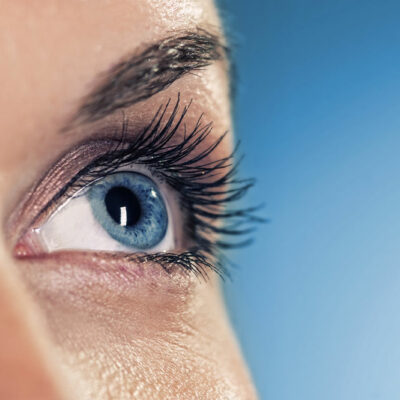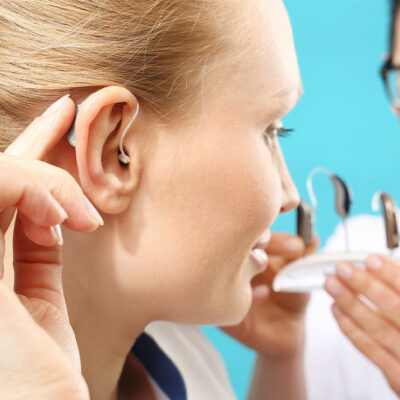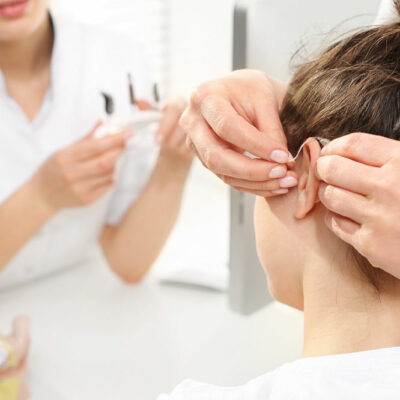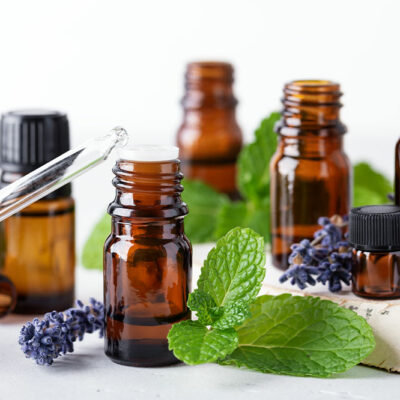
health
9 Common Questions to Ask When Choosing a Therapist
Hiring psychiatrists is a personal and private choice that one may not want to discuss with family or friends. However, even with so many professionals, finding one that the individual feels comfortable speaking to is essential. One way to do this is to interview a list of psychiatrists and ask them questions about their practice. So, here are nine questions that could help you pick a professional to help deal with mental health. Do they fall under the insurance network? One of the most important questions to ask the professional is whether they fall under the desired insurance network. Knowing if the psychiatrist accepts the insurance may help bring peace of mind when calculating finances. The individual could also check their insurance provider’s website for the network of psychiatrists that accept the individual insurance plan. Some providers may also allow users to filter options for healthcare professionals, such as by language, gender, and location. Where can users find patient reviews? Remember that all questions are important when hiring a professional, such as a psychiatrist. For example, asking about where to find their patient reviews could significantly help one select a professional that they are comfortable with. The individual could usually find these reviews on third-party websites or through search engines.
